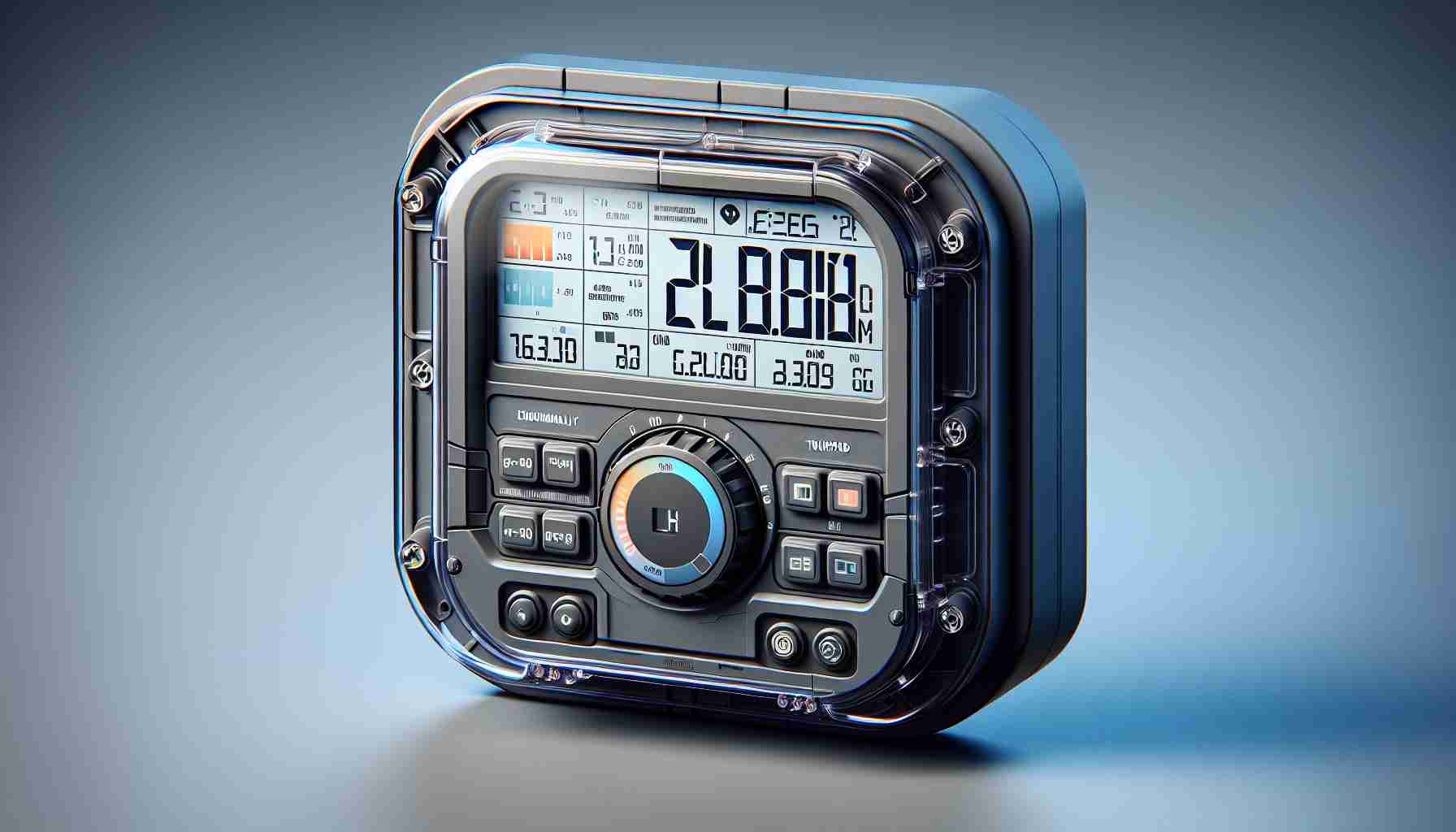Introducing the ChargerLab Power-Z C240, a tool simplifying the assessment of USB chargers and devices. At an affordable price of $30, the Power-Z C240 eliminates the learning curve typically associated with similar gadgets, thanks to its lack of any confusing buttons or dials. Its plug-and-play convenience makes it an ideal match for both tech enthusiasts and professionals.
The device’s display may not be large, but it is designed to be crisp, vivid, and readable. The data shown is straightforward, which is particularly beneficial for those who prefer a no-frills approach to their tech tools. The compact meter provides pertinent information upon connection, displaying it on a 1.14-inch color IPS screen.
Despite its simplicity, the Power-Z C240 is mighty, supporting a maximum power output of 240 watts. This substantial capacity ensures the meter’s utility with emerging technology that demands higher power delivery. Should the display prove challenging to read due to its size, a practical workaround is to capture its output using a smartphone camera for better visibility.
Ideal for routine checks, energy draw monitoring, and USB functionality testing, this meter is more than capable. Its future-proof design prepares it for rapidly advancing charging protocols. For those wanting extended capabilities such as graphing, protocol detection, or precise ripple and cable resistance examinations, ChargerLab offers the Power-Z KM003C, catered towards the needs of advanced users seeking in-depth analyses.
In conclusion, the ChargerLab Power-Z C240 stands out as a cost-effective and efficient option for anyone interested in keeping tabs on their device’s energy requirements and charger performance. With its easy-to-read interface and solid build, it’s a perfect pick for both occasional and regular use.
Advantages and Disadvantages of Economical and User-Friendly Power Meters
Power meters such as the ChargerLab Power-Z C240 are designed with both the average consumer and the professional in mind. An economical and user-friendly power meter offers several advantages:
– Affordability: With a price tag around $30, devices like the Power-Z C240 are accessible to a broad audience, including hobbyists, technicians, and general consumers.
– User-Friendly Interface: Simplicity in design, such as the absence of confusing buttons or dials, promotes ease of use even for those without technical expertise.
– Compactness and Portability: The small size makes these meters easy to carry, enabling users to measure the power of USB devices anywhere.
– Readability: A crisp, vivid display is crucial in providing clear information at a glance, facilitating quick diagnostics.
– High Power Capacity: Compatibility with high-powered devices ensures the power meter remains relevant even as technology advances.
– Versatility: Suitable for routine checks, energy draw monitoring, and USB functionality testing.
However, there are also some disadvantages:
– Limited Display Size: A small screen can make detailed data hard to read, although this issue can be mitigated with workarounds like using a smartphone camera.
– Basic Functionality: While the Power-Z C240 is user-friendly, it might not cater to more advanced needs like graphing or precise ripple measurements.
Key Challenges or Controversies
One of the main challenges consumers may face when selecting a power meter is balancing cost with functionality. More advanced users might find economical models lack specific features they need, leading them to invest in pricier, more complex systems. Furthermore, as technology advances, keeping these tools compatible with new charging standards and protocols can be challenging. Manufacturers need to ensure their products can keep up with these developments to avoid their devices becoming obsolete.
Suggested Related Links
For those interested in exploring more about power meters and related technologies, here are some recommended links:
– USB Implementers Forum: The support and advancement of USB technology.
– Institute of Electrical and Electronics Engineers (IEEE): For in-depth technical and industry standards.
– iFixit: A resource for tech repair guides which may include the use of power meters for diagnostics.
It’s important when considering a power meter to weigh the advantages of user-friendliness and cost against the need for more advanced features. The right choice will depend on the user’s specific requirements and technical expertise.
